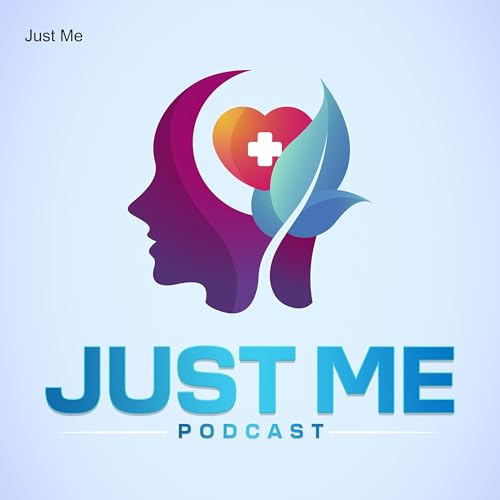
When Gender Meets Culture: Intersectionality and Mental Health
カートのアイテムが多すぎます
カートに追加できませんでした。
ウィッシュリストに追加できませんでした。
ほしい物リストの削除に失敗しました。
ポッドキャストのフォローに失敗しました
ポッドキャストのフォロー解除に失敗しました
-
ナレーター:
-
著者:
このコンテンツについて
In this episode, we’re leaning all the way into a conversation that’s long overdue: “When Gender Meets Culture: Intersectionality and Mental Health.”
Culture doesn’t exist in isolation—and neither do we. Intersectionality helps us understand how different parts of our identity—like race, gender, class, and culture—interact to create unique lived experiences.
For example, being a Black woman isn’t just about being Black or being a woman—it’s the overlap that shapes a specific lens on life. That same complexity exists for Black men, non-binary folks, and others whose identities cross cultural and gendered lines.
In communities of color, gender roles are often deeply tied to survival, family, and tradition. And while these roles can be a source of pride, they can also bring pressure, silence, and unspoken expectations.
So today, we’re unpacking how these intersections affect mental health—how they shape identity, challenge emotional expression, and influence the way we seek help, healing, and wholeness.
Let’s get into it.


